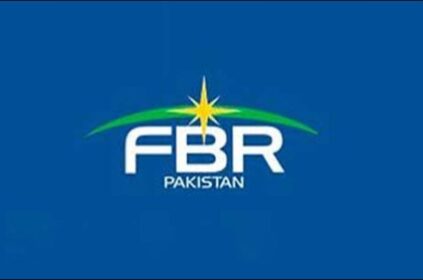In a move that could impact wallets across the country, the Government of Pakistan has decided to keep domestic petrol prices high, even in the face of potential drops in global oil prices. But why?
It all comes down to one thing: curbing the rising import bill and ensuring economic stability amid future oil market volatility.
📉 What’s the Strategy?
To avoid a repeat of past scenarios—where lower prices led to increased fuel consumption and ballooning import bills—the government is maintaining high fuel prices and keeping petroleum levy rates unchanged.
Here’s what’s driving the policy:
- 🛢️ Reduced levy = increased consumption
In the past, cutting levies to soften price hikes encouraged excess demand, increasing the strain on foreign exchange reserves due to higher fuel imports. - 💸 High prices = controlled demand
The new approach is to discourage unnecessary consumption by maintaining higher domestic prices, even during international market drops.
🧾 Transparency in Pricing
The Finance Ministry has introduced a transparent pricing formula for petroleum products, including how the petroleum levy is calculated.
Key goals of the new strategy:
- 🧮 Promote fiscal discipline
- 📊 Keep parliament and the public informed about levy adjustments
- 🤝 Build trust to secure political and public support, even during tough price decisions
💰 The Latest Hike: Rs. 70 Per Litre in Levy
Just last month, the government raised the petroleum levy by Rs. 10 per litre on both petrol and high-speed diesel, bringing the total levy to Rs. 70 per litre.
While this move has been met with mixed reactions, officials argue it’s a necessary measure to control demand and prevent future economic shocks tied to fluctuating oil prices.
⚖️ A Balancing Act
This isn’t just about petrol. It’s part of a larger economic plan to stabilize Pakistan’s finances:
- ✅ Maintain forex reserves
- ✅ Limit non-essential fuel use
- ✅ Strengthen fiscal policy
📌 The Takeaway
Yes, petrol may stay expensive—but it’s part of a bigger picture. The government believes a consistent, transparent fuel pricing policy is the key to economic resilience, especially when navigating uncertain global energy markets.
👉 What do you think? Should fuel prices reflect global market trends, or is this the right approach for Pakistan’s economic future?
💬 Share your thoughts in the comments or follow us for more updates on energy policy and economic reform.
















